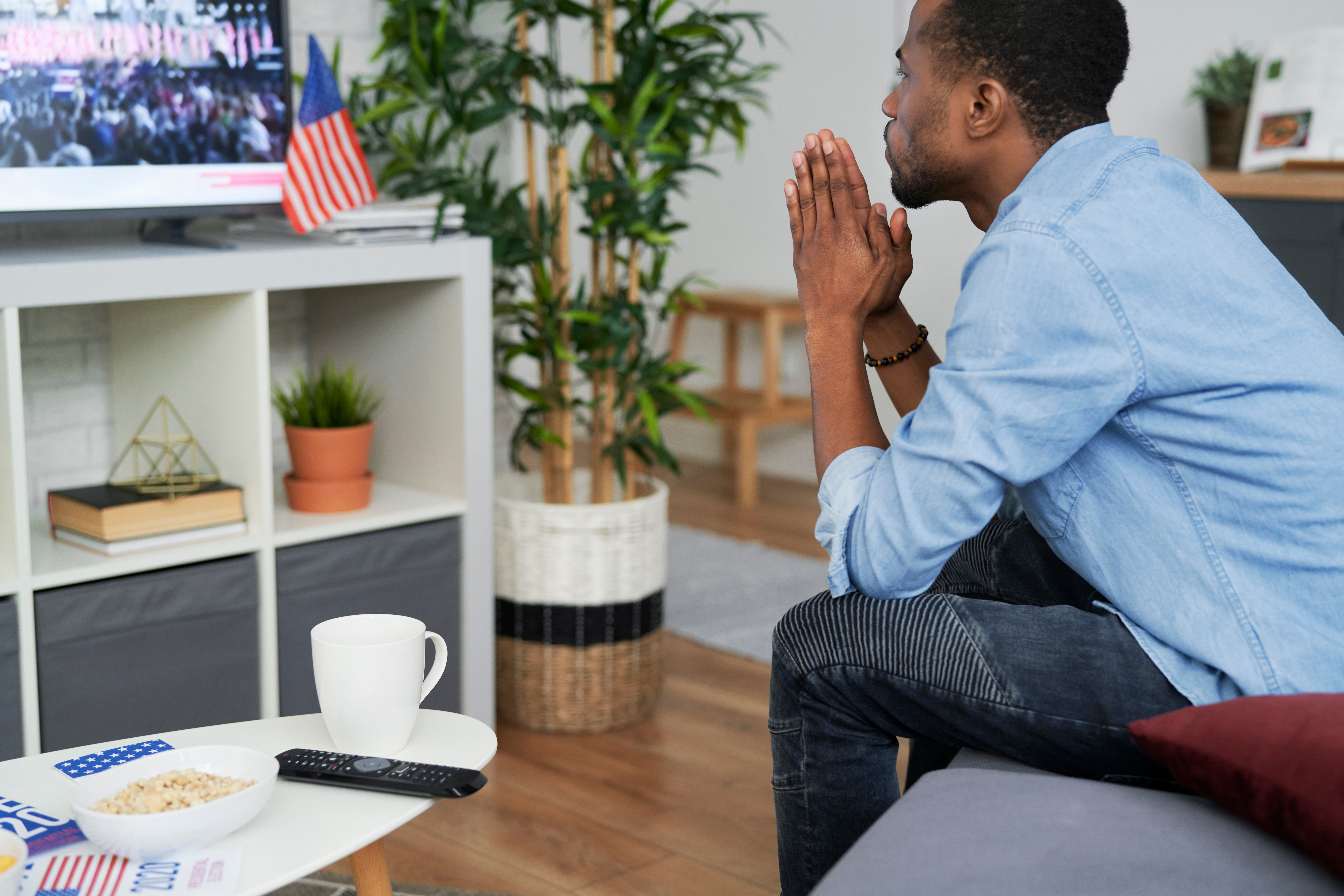By: Zaneta Evans, Healthy Living Program Manager
If you’re feeling anxious and overwhelmed about the 2020 election, you’re not alone. According to the American Psychological Association, more than two-thirds of Americans say the 2020 election is a significant source of stress in their lives. While “Election Stress Disorder” is not an actual medical diagnosis, the impact of stress from the election is very real and can take a toll on people’s well-being and relationships. Election stress can spill over into toxic online and in-person interactions, severing friendships and leaving many people feeling frazzled.
What can you do to safeguard yourself from election stress and how can you begin to rebuild relationships with people on the other end of the political spectrum?
Set limits around when and how often you’ll be on social media.
Some people go offline entirely. Others temporarily mute argumentative friends with strong political beliefs. You can protect yourself from election overload by setting limits on how much information you ingest, turning off notifications and by choosing not to engage.
Rely on a trusted news source and don’t get caught up in click-bait news stories.
Unfortunately, there is a lot of misinformation out there and many people eager to share it. Know the difference between credible news from true journalists and biased alternative organizations claiming to be news. Not sure? Check out Snopes.com to help identify misinformation.
Focus on what you can control.
We can’t control the election, but we can control if and how we vote. We can also volunteer in a meaningful way. For example, a pro-environment candidate may or may not win the election but a pro-environment organization can use your help year-round, no matter who is in office.
Ground yourself and think calmly and critically about what is causing you stress.
Meditate, pray or do whatever helps you feel calm. We live in a world of “what ifs” and our minds can get carried away worrying about worst case outcomes. Don’t allow yourself to ruminate. Slow down and think realistically. Learning to ground yourself is a process that takes time and intention, but it’s very doable and an important tool for any stressful scenario.
Respect one another and don’t lose sight of commonalities.
Just because someone supports an opposing candidate, doesn’t mean they are that candidate. You may dislike a candidate, but that supporter next door is still the neighbor who helped when your car battery died and bought girl scout cookies from your daughter.
Initiate a calm discussion with friends with different beliefs.
While some friends and families can “agree to disagree” it’s healthier to try to have a respectful discussion about the elephant in the room. Often times, people have reasons for supporting a candidate that you might not have considered. Ask questions, listen to their answers and reserve judgment.
Rebuild with science-backed well-being tips.
Learn about the science-backed ways to improve your well-being and engage in them with a friend or family member with whom you may need to repair a relationship. Meet for a walk or to get some fresh air and exercise, discuss what you’re grateful for, volunteer together for a group you both support. Don’t be a sore loser or a sore winner after the election. Treat one another with respect.
The reality is that most of us have much more in common with one another than the current polarization suggests. Election stress can harm our community and personal well-being. Take steps to minimize its impact and remember what you have in common with the people you care about, regardless of the way they vote.


